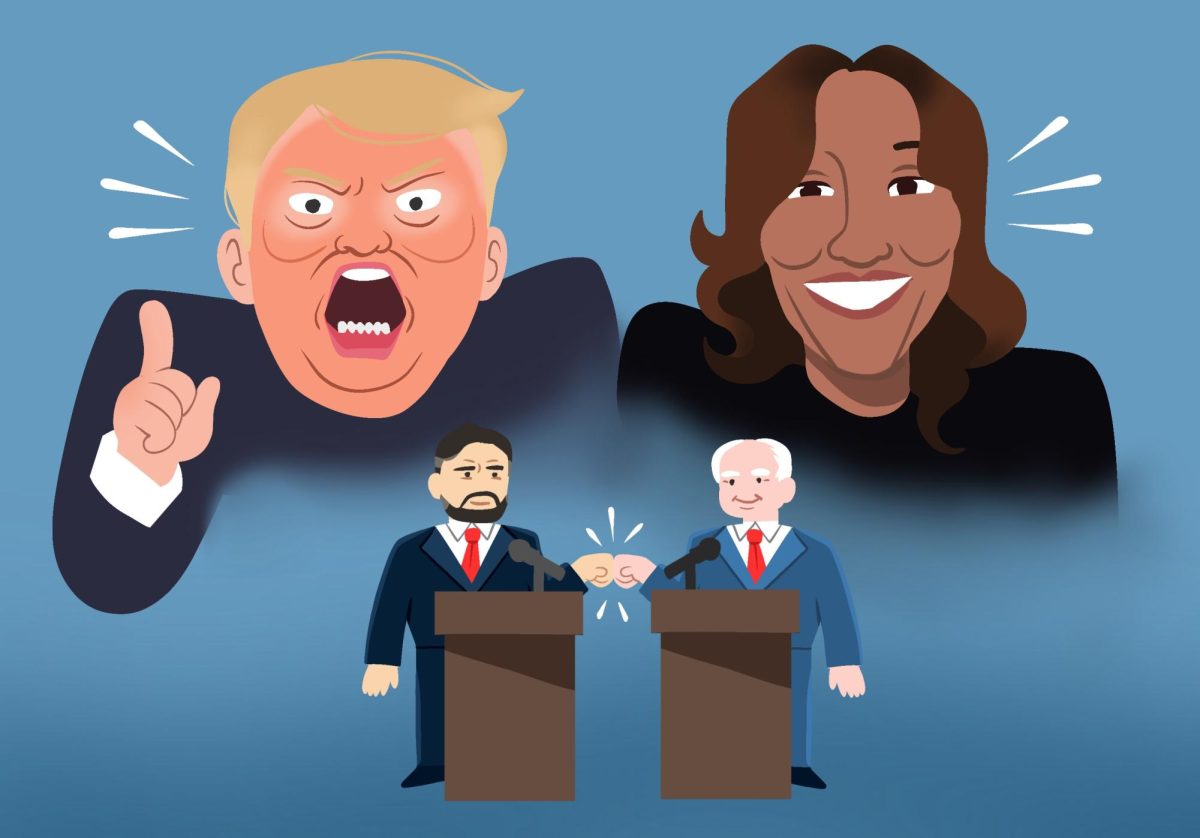China has a problem. Actually, the communist Chinese government has a few more than 200 million problems.
There are unemployed Chinese peasants, laborers and middle-class workers who will roam the streets of Shanghai and Beijing every day in the foreseeable future. Economists at the International Monetary Fund say they constitute “the underlying imbalance in the world economy,” and a “massive” problem for the Chinese state. Worse, if President Hu Jintao isn’t careful – that is, if China’s economy doesn’t continue to expand every year at a steroid-infused pace of 8 percent – that 200 million figure is likely to grow.
Arguably, the Chinese government is entering the most politically, economically and socially fragile decade of its existence. The “People’s Republic” is facing a host of potentially crippling problems – each feeding from the other – that most Western journalists and economists grossly, sometimes inexcusably, understate.
For all the curiously excited prophesizing the U.S. and European fourth estates are doing about the ascendancy of Southeast Asia, the Chinese still live in a decidedly undeveloped and unequal society. Off the eastern seaboard and outside a handful of inland cities, transportation systems and infrastructures remain extremely primitive. The communist government also lacks enforcement powers in much of the countryside over state laws, most notably China’s one-child policy.
Far more disturbing to most Western observers is the state’s continued crackdown on opposition groups. Since coming to power in March 2003, President Hu has led a notoriously ruthless campaign against free media and political dissent.
Recently, BBC News ran a wrenching story on families who lost sons and daughters in the Tiananmen massacre being harassed and isolated by authorities. “The police follow me wherever I go,” one mother told the BBC. “When I wanted to go to the shops, they even joked about running the errand for me.” Another mother’s phone line went dead just as she was telling her interviewers, “neither (former presidents) Deng Xiaoping nor Jiang Zemin treated me as badly as Ö “
The message Hu and his cronies have sent, from Tibet to Beijing, is that his administration will not be the kind of Gorbachev’s in the former Soviet Union.
He won’t let China’s long-running perestroika policies threaten his power: After enduring some 74,000 public protests last year – and that’s according to Chinese government figures – over labor conditions and official corruption, the government has formed dozens of anti-riot squads in major cities to discourage (read: squash) future disturbances. And this won’t be glasnost either: According to the 2005 Freedom of the Press survey, China maintains a press less free than such fabulously liberalized countries as Iran, Saudi Arabia and Venezuela.
With its mix of market-driven capitalism, state-run enterprise and anti-democratic politics, China has proved to be a fascinating case study for political economists, if only because of its uniqueness. This political-economic mixture has never worked before. As a rule, free, open markets yield democracy. At least, that’s what everyone thought before China came along.
Even so, the strain between “Red China,” and “new China,” is more visible than ever. China’s banking system is infamously unstable. President Hu hasn’t done more than pay lip service to controlling extreme corruption in the bureaucratic ranks, knowing he’d be setting up corrupt officials to investigate other corrupt officials (a free press is the only real solution to this problem). China’s recent decision to move toward a floating currency prompted little more than a distrustful scowl from U.S. officials who are concerned about Uncle Sam’s trade imbalance. And the U.S. is also set to bring action against China at the World Trade Organization for its unwillingness to control widespread counterfeiting of Western products.
And here’s something else to remember: As the Chinese economy grows, it will continue to soak up more and more of the world’s oil supply. And with more demand coming from India and Eastern Europe, oil prices could quickly become an elephant – maybe a dragon is more appropriate imagery – on the back of the Chinese economy.
In short, there’s little right now that Chinese officials shouldn’t be worried about. Any kind of global economic downturn could incapacitate the government, spark labor riots across the country, stymie investment (the delicate situation is already making some companies look at options outside China), or even, quite conceivably, spark a powerful pro-democracy movement. Believe me, the Chinese aren’t buying up U.S. debt out of good will – it’s to keep us, and therefore them, out of a major recession.
So what does the future likely hold for one of the world’s fastest growing economies? It’s hard to say. But Hu and his reactionary comrades in Beijing would be wise to keep in mind this ancient Chinese proverb: “A spark can start a fire that burns the entire prairie.”
Darren Bernard welcomes comments at [email protected].






